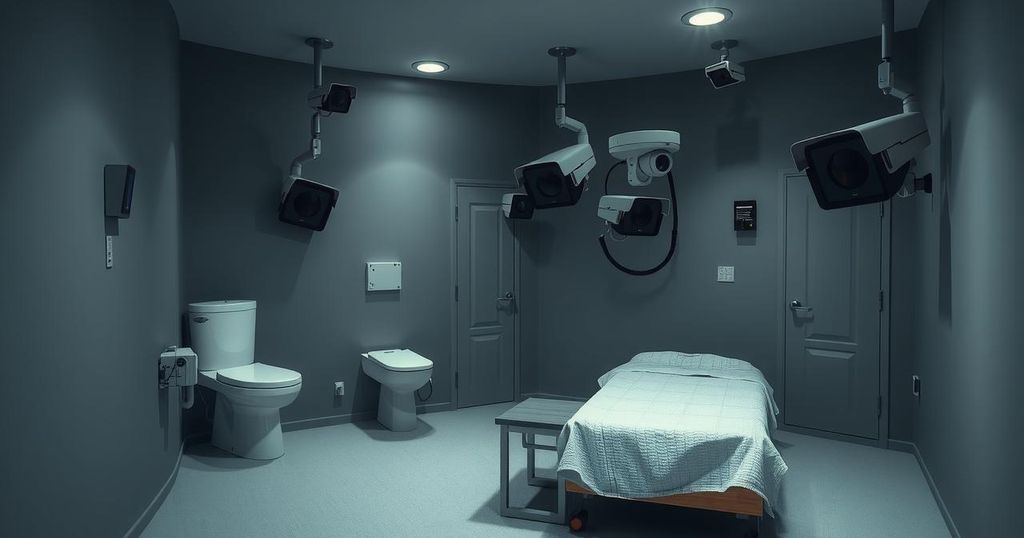Understanding the Interrogation of Tahawwur Rana: Key Focus Areas and Impacts

Tahawwur Rana, accused of involvement in the 2008 Mumbai attacks, is in NIA custody in India after extradition from the US. His interrogations will investigate his background, actions during the attacks, links to Lashkar-e-Taiba, and connections to the Pakistani ISI. Multiple precautions for his health and security are in place during the 18-day custody period.
Tahawwur Hussain Rana, a Pakistani-Canadian facing accusations linked to the 2008 Mumbai terror attacks, has arrived in New Delhi under heavy security. Following his extradition from the US, he is now in custody of India’s National Investigation Agency (NIA) and will undergo an intensive 18-day interrogation about his role in the attacks, which resulted in 166 fatalities and numerous injuries.
Rana is being held in a secure 14×14 cell at the NIA’s headquarters, closely monitored by multiple CCTV cameras and a strict guard protocol. Only designated NIA personnel are permitted inside his cell, ensuring a high level of security during his custody. Interrogations will begin daily under the supervision of senior NIA officers, with recordings made to create a comprehensive case document.
Legal representatives in the US argued that Rana suffered from serious health issues, which they claimed would render his detention in India life-threatening. However, American courts dismissed these concerns, paving the way for his extradition. To ensure his health is monitored, Rana will receive medical check-ups every 48 hours, and measures will be in place to prevent self-harm or escape attempts.
The initial phase of questioning will focus on Rana’s background, aiming to gather information on his upbringing, education, and shift from a medical professional to an alleged terror conspirator. Investigators are particularly interested in his family’s awareness of any connections he had with David Coleman Headley, another key figure in the Mumbai attacks.
The subsequent interrogations will delve into the specifics of the Mumbai attacks, including Rana’s whereabouts during the event, his interactions with Headley, and the extent of his involvement in the planning. Questions will address logistical support, intelligence gathering, and the selection of targets, with a focus on how Rana operated to facilitate attacks.
Officials will also investigate Rana’s connections to the Lashkar-e-Taiba (LeT), including any support he may have provided and his relationships with key members, such as LeT leader Hafiz Saeed. Understanding Rana’s interactions with the terrorist group and his knowledge of LeT’s operational framework, funding, and recruitment strategies will be essential to the investigation.
Further inquiries will explore Rana’s possible relations with the Pakistan Inter-Services Intelligence (ISI), which is suspected of coordinating efforts in the terror attacks. Investigators will seek clarity on the involvement of ISI officials, their communication practices, and their overall collaboration on operations within India. Rana’s insights could prove critical in understanding the nexus between terrorist organizations and state actors in Pakistan.
Tahawwur Rana’s interrogation will cover a comprehensive range of topics directly associated with his alleged role in the Mumbai terror attacks. Focus areas include personal background, specific actions during the attacks, connections to Lashkar-e-Taiba, and potential links to the ISI. As investigators proceed, the information gathered may shed light on critical operational details that connect top terror operatives and their networks. The complex interplay between Rana’s medical conditions, security measures, and his pivotal role in the broader context of international terrorism will be closely monitored during the interrogation process.
Original Source: www.ndtv.com





